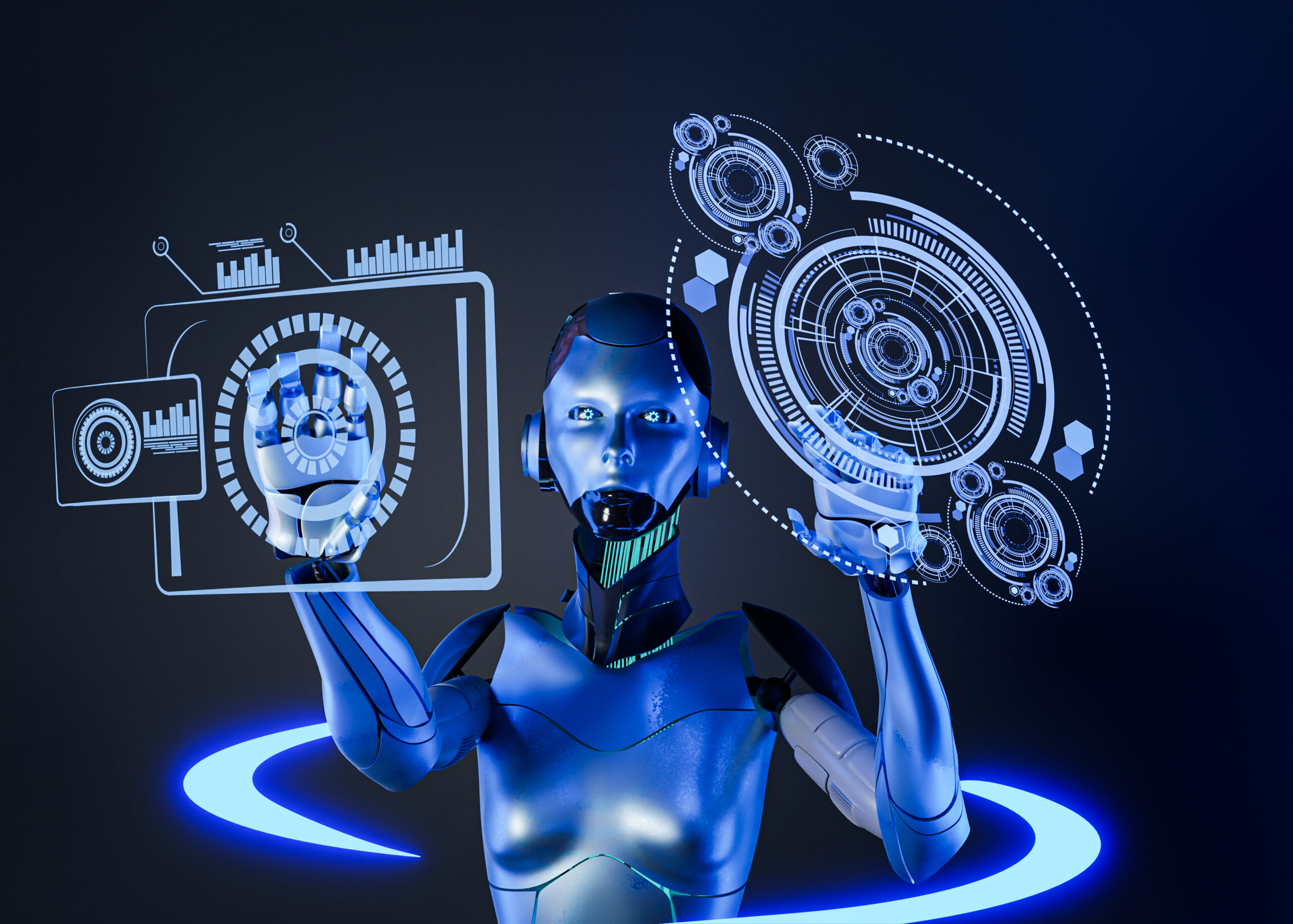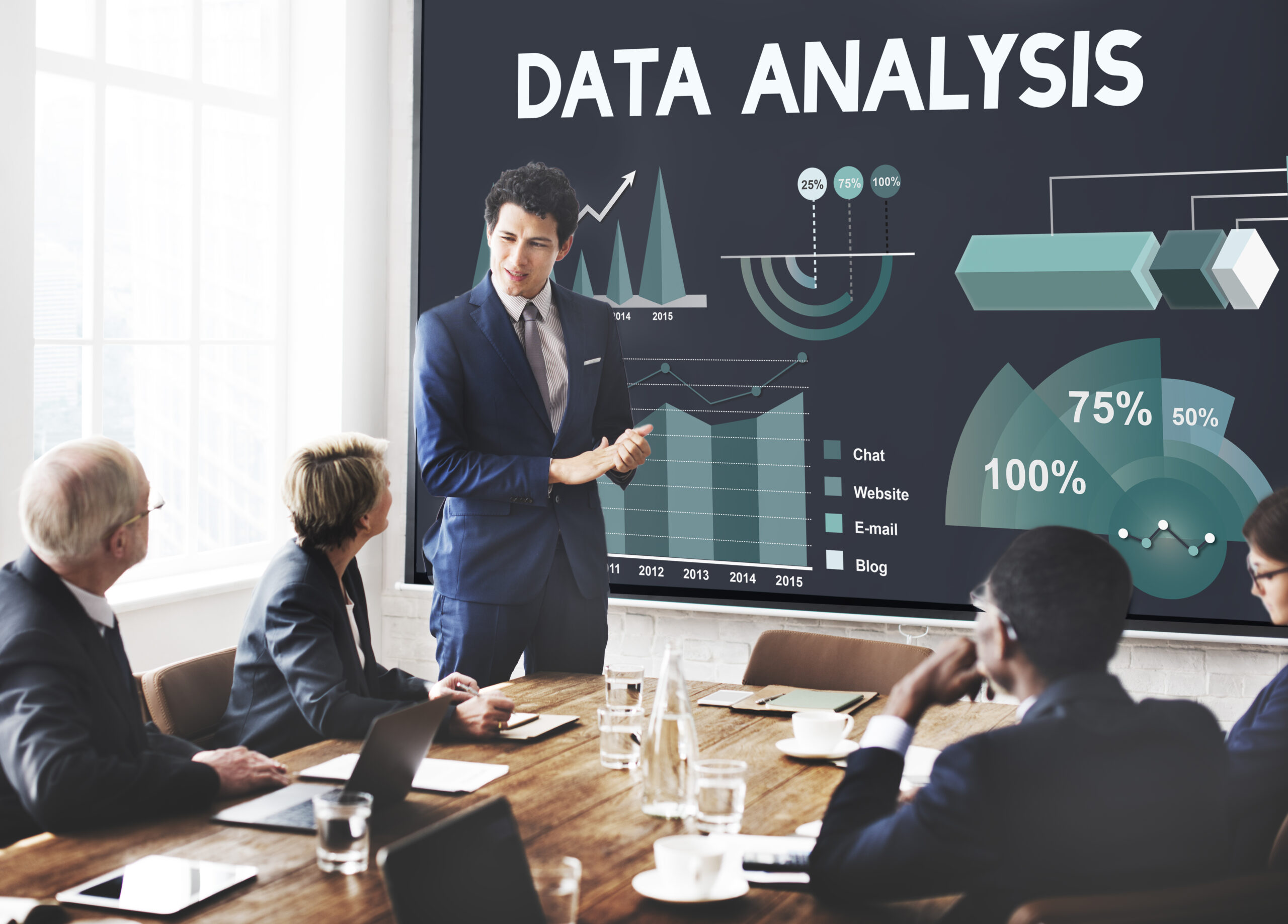Artificial intelligence (AI) is no longer just a buzzword; it’s a driving force behind the evolution of modern sales tools. Major players like Google, Microsoft, ZoomInfo, and Apollo are leveraging AI to revolutionize the way businesses identify leads, analyze data, and streamline sales processes. Let’s dive into how AI is shaping the future of sales intelligence tools and what lies ahead.

1. AI-Powered Predictive Analytics
AI will enable sales tools to predict customer behavior with unparalleled accuracy. By analyzing past sales data, user engagement, and market trends, tools like ZoomInfo and Salesforce Einstein can forecast which leads are likely to convert.
2. Hyper-Personalized Sales Outreach
Tools such as HubSpot and Apollo.io are integrating AI to craft hyper-personalized email campaigns and sales pitches. By analyzing customer data, AI ensures that every message aligns perfectly with the recipient’s needs and preferences.
- Example Use Case: An AI-driven tool analyzing LinkedIn profiles to tailor messaging.
3. Voice Recognition and Virtual Assistants
Virtual assistants like Google Duplex and AI integrations in tools like Chorus.ai are revolutionizing call handling. These tools can:
- Transcribe conversations in real-time.
- Provide actionable insights post-call.
- Suggest optimal follow-up strategies.
4. Automated Lead Scoring and Qualification
AI tools like Zoho CRM and Outreach are set to redefine lead qualification by scoring prospects automatically. These scores consider parameters like:
- Interaction history.
- Demographic data.
- Behavioral patterns.
5. AI-Driven Competitor Analysis
Staying ahead in competitive markets is crucial. Tools like Crayon and Kompyte use AI to monitor competitors’ movements, including pricing strategies, website updates, and campaign launches. This empowers sales teams with actionable insights to adjust their strategies.
Big Tech’s AI Innovations and Their Impact
Google and Microsoft are at the forefront of AI integration. For example:
- Google Cloud AI enhances data processing and customer insights.
- Microsoft Dynamics 365 integrates AI for predictive sales forecasting and automation.
What Lies Ahead?
By 2025, AI is expected to:
- Further refine natural language processing for better customer communication.
- Expand the adoption of AI-driven chatbots for real-time engagement.
- Integrate seamlessly with wearable tech to provide on-the-go insights.
Conclusion
AI is set to redefine the sales landscape by 2025, making tools smarter, faster, and more efficient. Businesses adopting these innovations now will stay ahead of the curve, leveraging insights and automation to boost revenue. Whether you’re using ZoomInfo, Apollo.io, or other AI-driven platforms, the key is to embrace the future.
For a deeper dive into AI-driven tools, check out our related post: The Future of Data Analytics Tools: Trends for 2024



